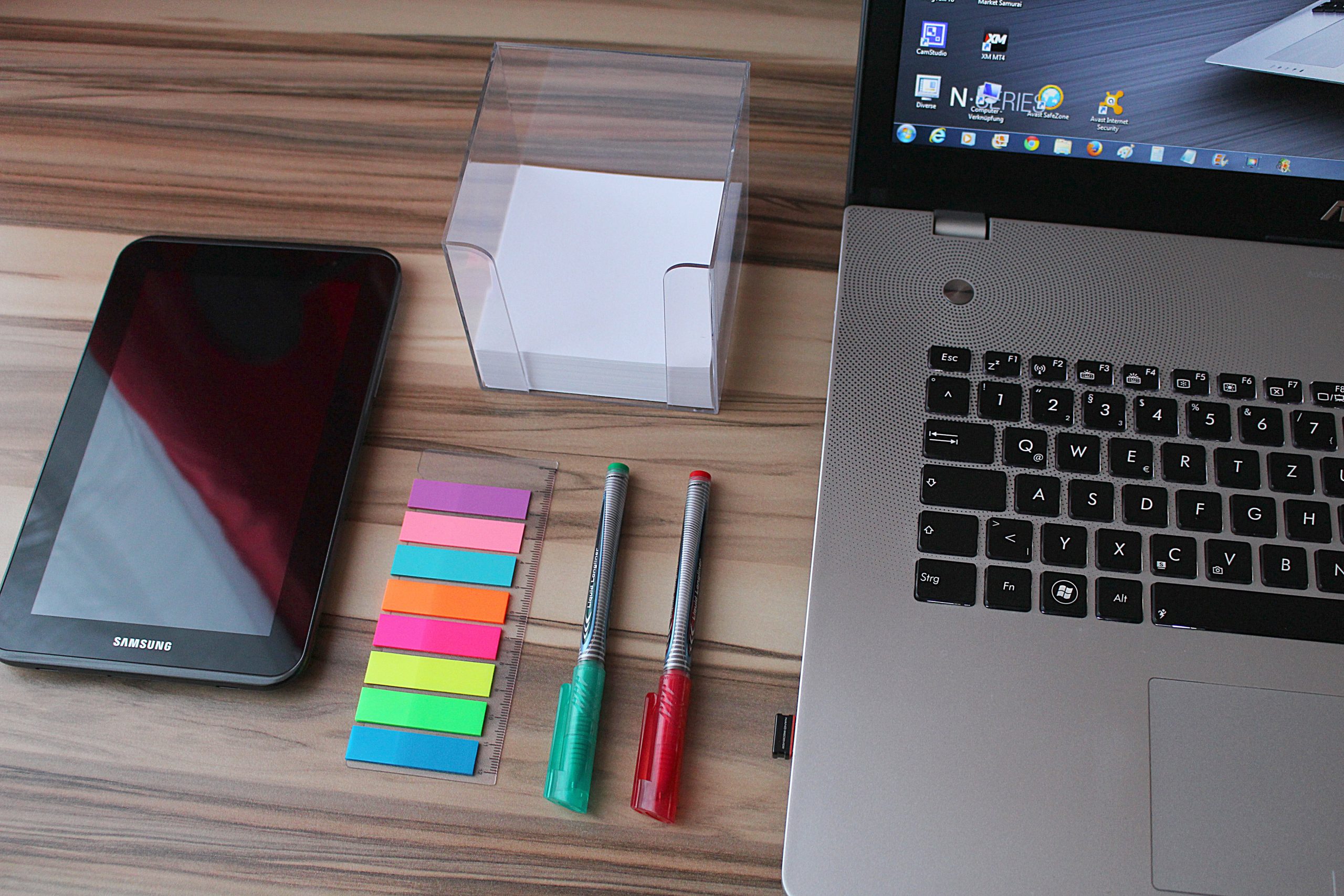In just a few short years, remote work has gone from a rare privilege to a global norm.
Today, millions of professionals are working from coffee shops, co-working spaces, or their own living rooms — connected by Wi-Fi and powered by creativity.
But here’s the truth most people miss:
Remote work isn’t just a new way to work — it’s a new way to live and learn.
Technology keeps changing. AI tools are growing smarter. Job roles are being redefined.
And the only way to stay ahead is to keep evolving through learning.
This article explores why continuous learning is the secret weapon of successful remote workers — and how you can build the mindset and habits to thrive in the future of work.
🔮 1. The Future of Work Is Dynamic — Not Static
The idea of having one career for life is gone.
Today, careers evolve faster than ever — especially for remote workers.
You might start as a content writer, then shift into digital marketing, then specialize in AI-assisted writing.
Or you might begin as a virtual assistant and grow into a project manager.
Why This Matters:
- Technology evolves faster than job descriptions.
- Companies now value adaptability over fixed expertise.
- Remote professionals must be flexible learners to stay relevant.
💬 Pro Tip:
Think of your career like a software app — it needs regular updates to keep running smoothly.
💡 2. Continuous Learning Is the New Job Security
In the old world, your degree could last a lifetime.
In the new world, your skills expire every few years — unless you keep learning.
Why Continuous Learning Matters:
- New tools and workflows emerge constantly.
- Remote work requires independent problem-solving.
- Clients and employers prefer people who can grow with them.
How to Stay Ahead:
- Dedicate at least 30 minutes a day to learning.
- Choose topics relevant to your field — or emerging ones.
- Don’t just watch tutorials — apply them immediately.
- Reflect weekly: “What did I learn that improved my work?”
💬 Example:
Learn how to use AI writing assistants, automation tools, or new project platforms — they’ll make you twice as efficient.
🧠 3. The Skills That Will Matter Most in the Future
As AI and automation take over repetitive tasks, human-centered skills will become more valuable.
Future-Proof Skills for Remote Workers:
- Communication — clear writing and speaking across cultures.
- Critical Thinking — making smart, data-informed decisions.
- Emotional Intelligence — working well with diverse teams.
- Adaptability — learning new tools quickly.
- Self-Management — staying productive without supervision.
Technical Skills to Complement Them:
- AI Literacy (knowing how to use AI tools effectively)
- Digital Collaboration (using Notion, Slack, ClickUp)
- Data Understanding (basic analytics for smarter decisions)
- Content Creation (video, writing, or design skills)
💬 Pro Tip:
Combine hard skills (tools and tech) with soft skills (communication and mindset).
That’s what makes a 21st-century professional.
⚙️ 4. The Rise of the Learning Worker
The most successful remote workers of the next decade won’t be the ones with the best degrees —
they’ll be the ones who know how to learn fast, adapt, and execute.
Traits of a Learning Worker:
- Curious about how things work
- Unafraid to make mistakes
- Reflects on lessons after each project
- Sees change as opportunity, not threat
How to Develop This Mindset:
- Build a “Learning Routine” — set learning goals each month.
- Keep a Learning Journal — track what you’ve learned and applied.
- Share insights on LinkedIn, blogs, or communities — teaching reinforces memory.
💬 Pro Tip:
When you treat learning as part of your job — not an extra task — you become unstoppable.
🌐 5. Remote Learning Tools That Are Shaping the Future
Online education is now more accessible than ever.
You don’t need to attend expensive universities to upgrade your skills — just a laptop and curiosity.
Here Are Some Platforms to Explore:
- Coursera & edX – for structured, high-quality courses.
- Skillshare – for creative and practical learning.
- YouTube – endless free content if you curate wisely.
- LinkedIn Learning – short, career-focused lessons.
- Notion & Obsidian – for organizing your knowledge base.
How to Use Them Effectively:
- Pick one topic per month (e.g., “Learn AI tools for productivity”).
- Take short notes and summaries for retention.
- Create a portfolio or project after each course.
- Share your progress publicly — it builds credibility.
💬 Pro Tip:
Learning in public helps you attract opportunities and grow your professional network.
🤖 6. AI and the Future of Learning for Remote Workers
AI is not just changing how we work — it’s changing how we learn.
With AI-powered tutors, personalized learning paths, and smart assistants,
you can now learn faster and deeper than ever before.
How AI Supports Learning:
- Personalized course recommendations based on your goals.
- Real-time feedback on your writing or projects.
- AI chat assistants (like ChatGPT) that explain concepts instantly.
How to Use AI Wisely:
- Don’t let AI replace your thinking — let it enhance it.
- Use it to brainstorm, summarize, or practice concepts.
- Build learning projects that mix AI and human creativity.
💬 Example:
Ask ChatGPT: “Explain time management for freelancers in 3 steps.” Then apply it directly in your daily workflow.
🔁 7. Learning Never Ends — and That’s the Best Part
The idea of “finishing school” no longer exists.
Your career is now a continuous cycle of learning, applying, reflecting, and evolving.
How to Embrace Continuous Learning:
- Reframe “I don’t know” into “I’m learning this.”
- Turn curiosity into a habit — read, explore, test.
- Learn small, daily — it compounds over time.
- Connect learning to real goals (income, growth, creativity).
💬 Pro Tip:
The faster you learn, the less you fear change.
🧩 8. Building Your Personal Learning System
Don’t rely on motivation — build a system that makes learning automatic.
Here’s a simple framework you can use:
🧱 The “LEARN” Framework:
- L — List skills you want to develop.
- E — Explore platforms or mentors for each skill.
- A — Apply knowledge immediately in real projects.
- R — Reflect weekly on progress and outcomes.
- N — Network with others learning the same thing.
💬 Example:
If you’re learning Canva, create a mini portfolio after one week and share it on LinkedIn — instant proof of progress.
🚀 9. The Future Belongs to the Adaptable
The remote work world will continue to evolve —
new tools, new roles, new ways to collaborate.
The question isn’t, “Will you keep up?”
It’s, “Will you keep learning?”
Those who keep evolving will:
✅ Stay employable
✅ Attract better clients
✅ Build stronger personal brands
✅ Enjoy long-term freedom and flexibility
💬 Pro Tip:
Your biggest competitive edge isn’t talent — it’s teachability.
Other Articles
How to Balance Learning and Working: Time Management Tips
Learning from Mistakes: Why Failure Is the Key to Success




